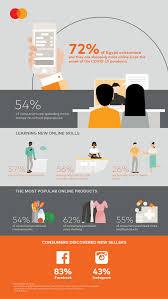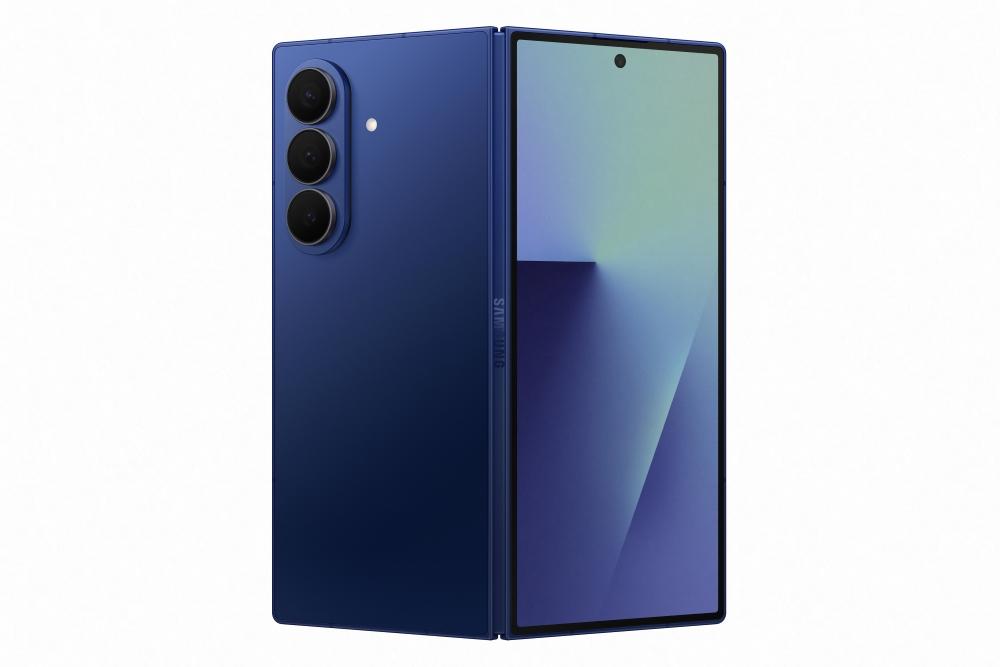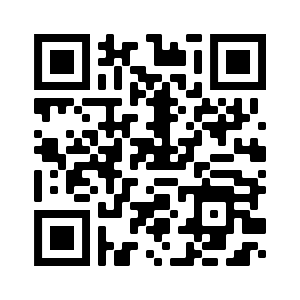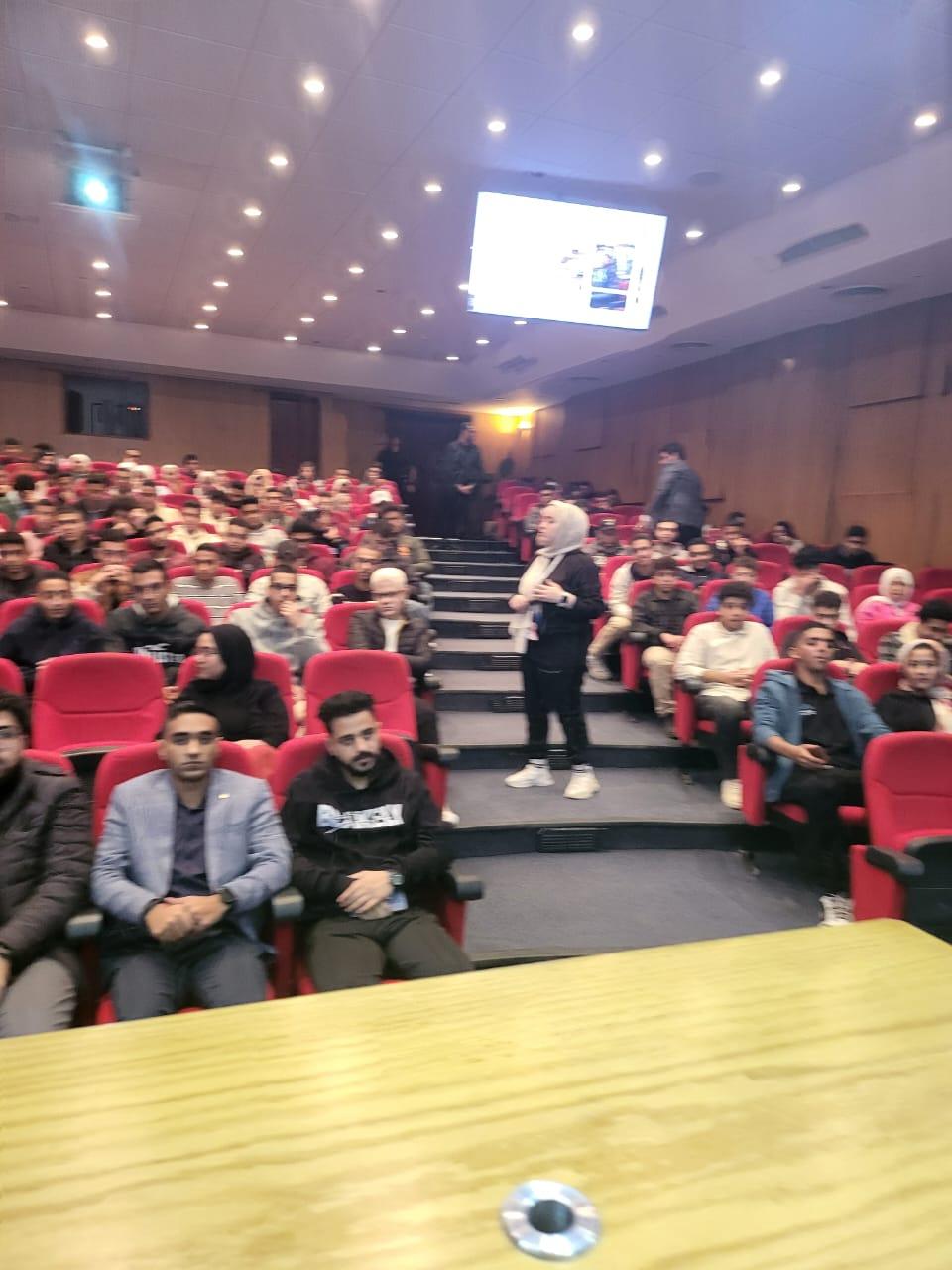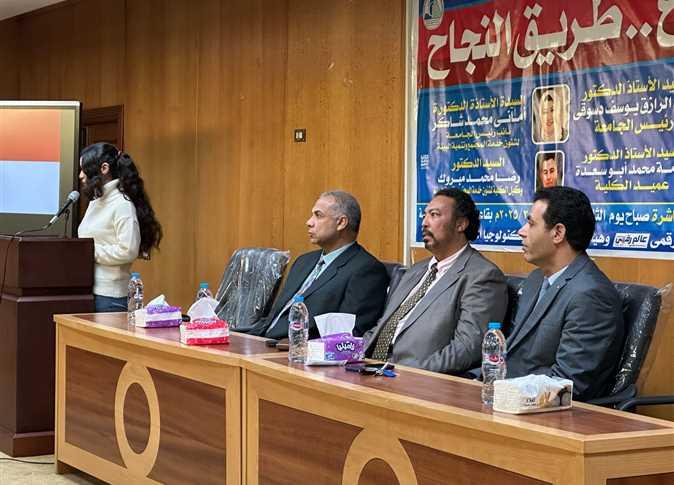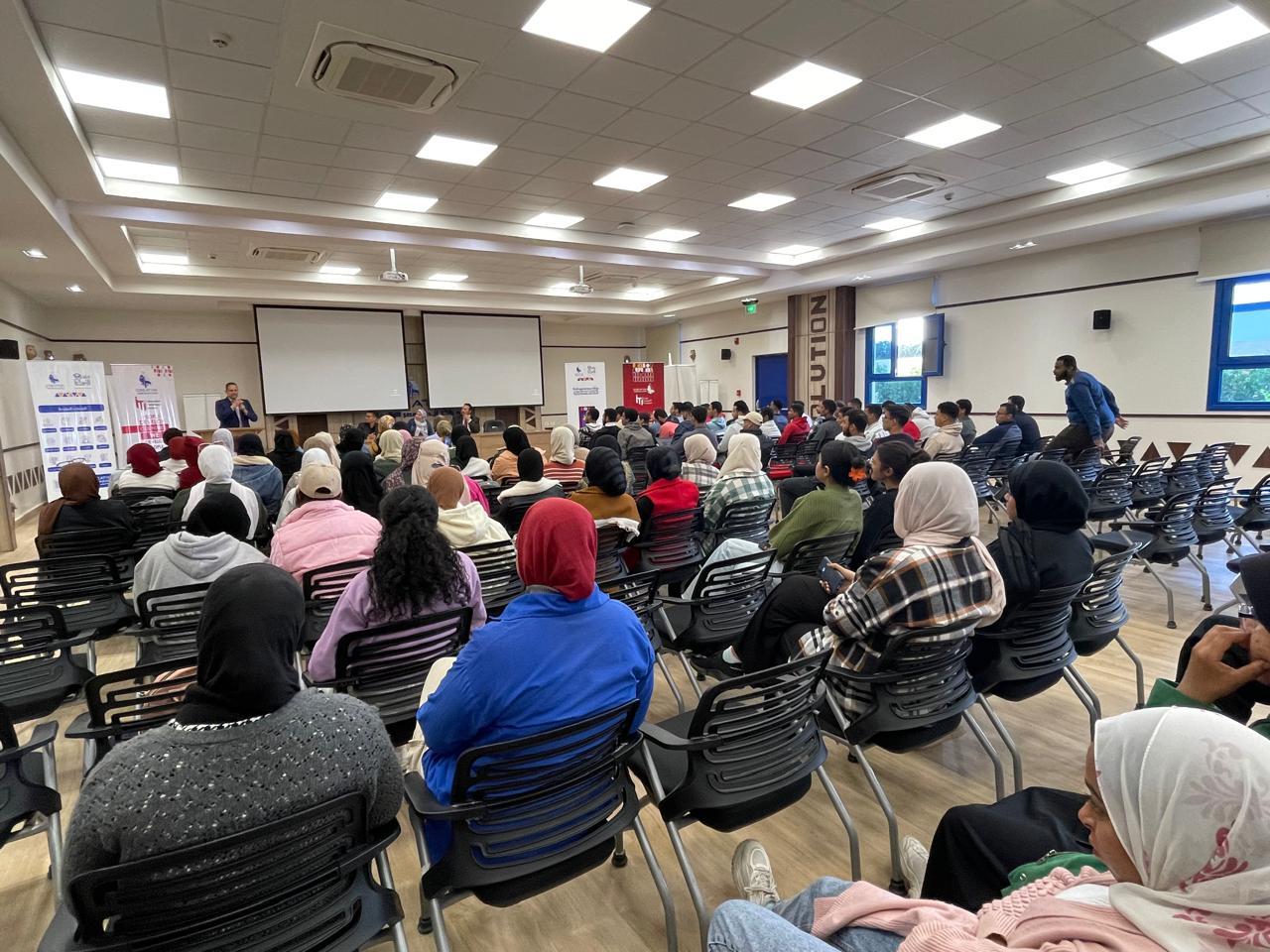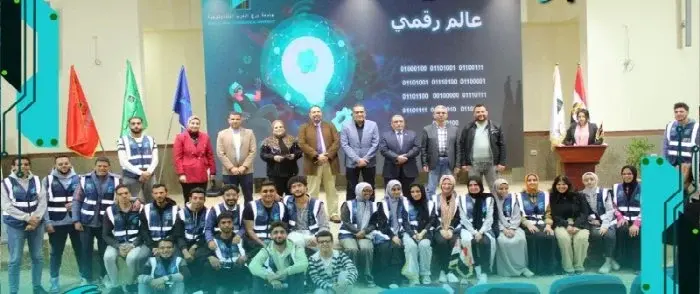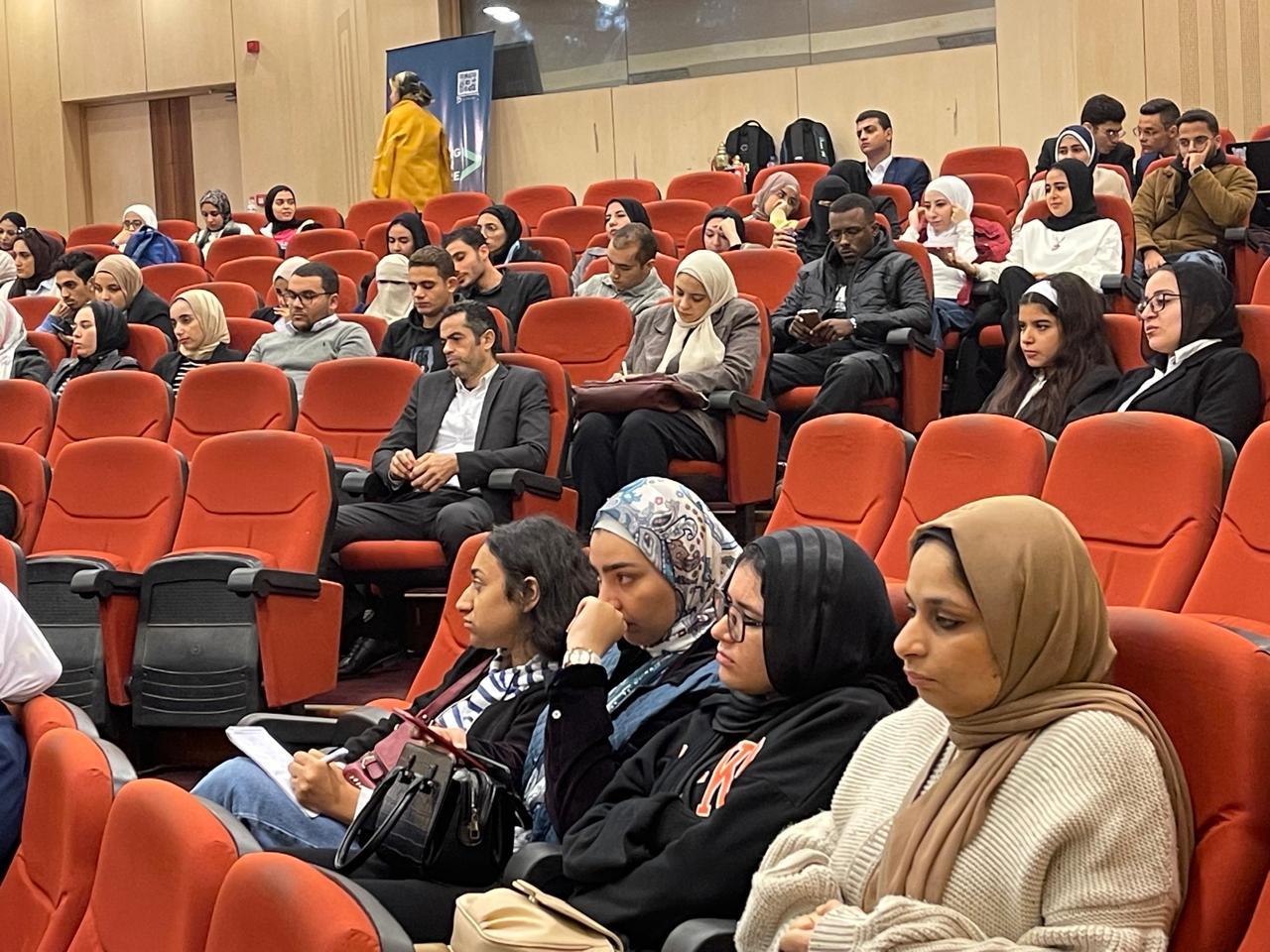By ; Saber Mohamed – Nahla Makled
A Mastercard study on consumer spending has revealed that nearly three out of four (72%) of Egyptian consumers are shopping more online since the onset of the COVID 19 pandemic.
Fashion, electronics, healthcare and groceries have seen the highest surge of online activity. More than (62%) of Egyptian consumers said they had shopped more online for clothing, (56%) for computer equipment, and over (55%) said they had bought medicine online.
And, with fewer opportunities to browse in the mall or on the high-street, social media has emerged as the main platform for finding the most attractive products and offers, with (83%) and (43%) of respondents saying they had discovered new sellers through Facebook and Instagram respectively. In fact, (62%) of typical in-store bargain hunters said they spend hours searching different sites to find the best deals.
When it comes to paying for goods or services online, speed and price are key factors for Egyptian shoppers, with (77%) quoting each as a major consideration when choosing a business to buy from.
While adapting to the ‘next normal’, people have been changing the way they consume entertainment and learn new skills.
In fact, (81%) of Egyptian consumers said they were using the downtime as a positive learning experience. More than half of the respondents (57%) said they started banking online, while (56%) said they had taken a virtual cooking class, (51%) have been mastering a new language and (26%) have been learning to dance online.
(43%) of respondents have been educating themselves on Do-It-Yourself (DIY) projects, and just over a third (35%) said they have been learning how to film online.
As people spend more time at home, the demand for online entertainment has also surged with (69%) of respondents having invested in entertainment subscriptions and (57%) in online gaming.
It is clear from the research that shoppers are rapidly moving away from more traditional forms of retail and opting for contact-free and digital transactions. This, in turn, is presenting e-tailers and businesses in Egypt, and across the region, with new challenges on how to best leverage the shift towards online shopping and deliver fast, convenient and secure transactions.
“Egyptian consumers have increasingly accommodated the New Normal while businesses have learned to quickly adapt and adopt digital marketing strategies. We at Mastercard acknowledge our role in the local economy, and with security as a primary consideration for consumers, we are continuously driving better technologies to boost the digital payment culture,” said Magdy Hassan, General Manager for Egypt and Pakistan, Mastercard. “In partnership with leading businesses, we are committed to delivering superior and e-commerce experiences to digitally-savvy Egyptian shoppers.”
With the rapid rise in online shopping, consumers are also becoming increasingly aware of the associated risks. And, with (57%) of consumers now managing their banking needs online, more than half (54%) have said that a secure checkout was fundamental for a good shopping experience.
“Our annual active consumers reached 6.8 million in the year's second quarter, showing an increased demand on our services during the pandemic. That is why at Jumia we fulfil our mission to provide our consumers with access to quality goods and services all while ensuring convenience and security underpin their shopping experience. Our partnership with Mastercard will not only provide our consumers the ability to safely and securely shop online but will also accelerate the adoption of electronic payments in Egypt," said Hesham Safwat, CEO of Jumia Egypt.This is a key priority for Mastercard, as it is working to reduce online fraud and protect retailers from data breaches, while ensuring that consumers still enjoy a convenient and hassle-free payment experience.
To advance these efforts, Mastercard recently rolled out its patented tokenization technology across the region. Tokenization encrypts consumer data by replacing card numbers with digital tokens. This prevents improper usage at any other location and provides additional security and peace of mind for consumers and merchants alike, resulting in higher approval rates while minimizing online fraud.
